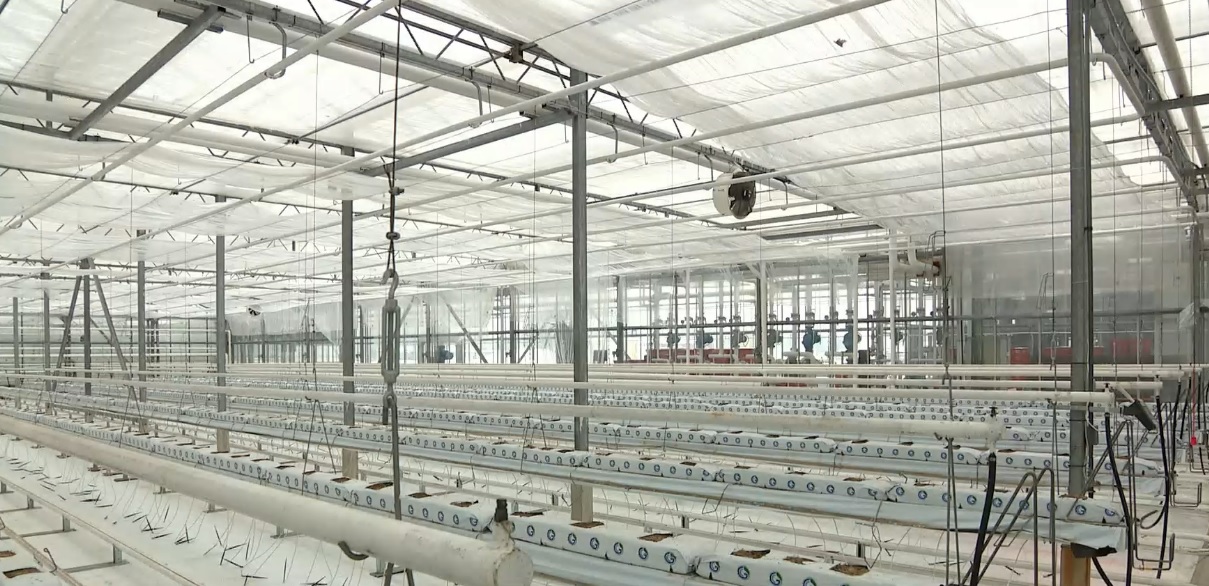Currently in Latvia, the Cabinet has introduced similar general support mechanisms for both households and businesses. In particular, between January 1 and April 30 electricity end-users are exempted from the payments of distribution services and mandatory procurement components (OIK). In addition, energy-intensive business operators can get back up to 85% of the OIK paid last year.
The entrepreneurs surveyed by Latvian Television indicated that this will compensate for a very small part of the increase.
Artjoms Fokejevs, Executive Director of Polipaks, said the system did not provide proportionate aid. Edgars Romanovskis, board member of vegetable logistics company Latgales dārzeņu loģistika, said: “We believe that this is an extraordinary situation in some way and perhaps this time, by way of exception, the Ministry of Agriculture could ask the European Commission (EC), like in the case of floods or other emergencies, some one-off aid directly for the greenhouse sector.”
However, agricultural and economic sector officials point out that there is no possibility of targeted aid for companies at this time due to concerns about market distortion.
The head of the Agriculture Minister's office, Jānis Eglīts (National Alliance), said: “The Minister, meeting with the Commissioner for Agriculture Janusz Wojciechowski, both last year and this year, received this response that the individual state should not regulate this market in this way.”
But the Economics Ministry's deputy secretary of state, Edijs Šaicāns, said: “We have often heard calls to create such support tools, but we need to realize that these are not issues of one day or week. This mechanism is, first and foremost, to be established at European level, and only when agreed, can such instruments be introduced."
Bank of Latvia economist Kārlis Vilerts also believes that targeted subsidies due to the increase in energy resources would not be the right solution. “Energy prices in terms of the geopolitical situation and the green deal will rise in the long run. Therefore, providing short-term aid for price compensation – it is, by its very nature, a solution to the short-term problem,” he said.
Instead of targeted subsidies, entrepreneurs are offered programs for energy generation for self-consumption from renewable energy sources such as wind or solar energy.






























